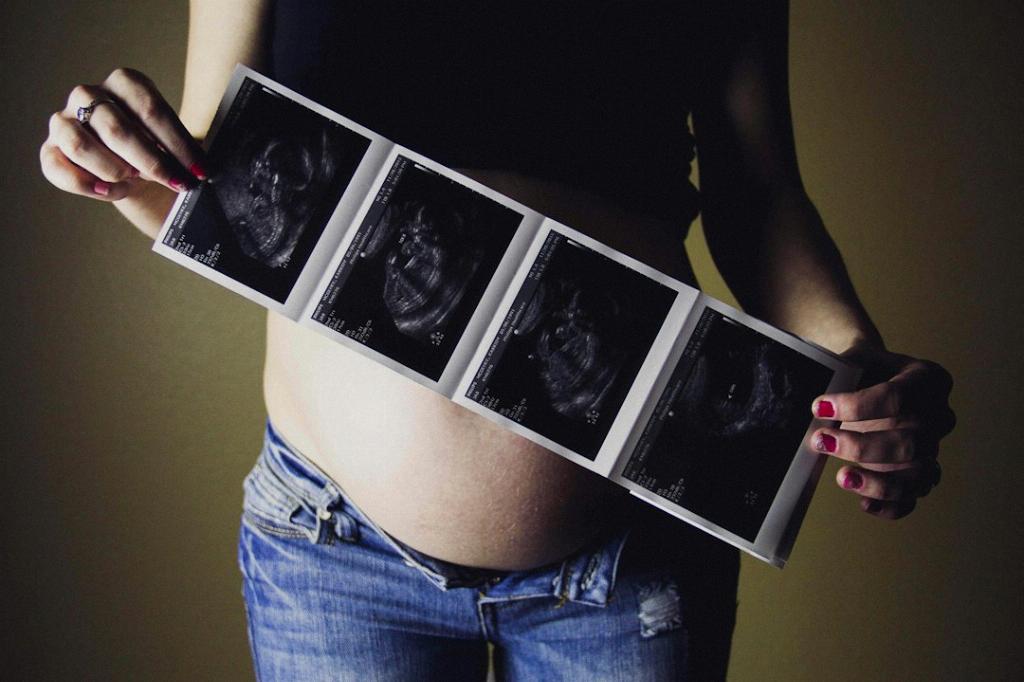Preeclampsia is a serious medical condition that affects pregnant women, typically developing after 20 weeks of pregnancy. It is characterized by high blood pressure and signs of damage to other organ systems, most commonly the liver and kidneys. While fainting is not a common symptom of preeclampsia, it can sometimes occur as a result of the condition’s impact on the body.
Symptoms of Preeclampsia
Women experiencing preeclampsia may exhibit a range of symptoms, including high blood pressure, protein in the urine, severe headaches, vision changes, abdominal pain, shortness of breath, and significant swelling in the hands and face. These symptoms can vary in severity and may develop rapidly.
Significance of Fainting in Preeclampsia
While fainting is not typically listed as one of the primary symptoms of preeclampsia, it can sometimes occur as a result of the condition’s impact on blood flow to the brain. When blood pressure becomes severely elevated, it can lead to dizziness, lightheadedness, and fainting episodes.
Understanding Fainting Episodes
Fainting, also known as syncope, is a temporary loss of consciousness that occurs when the brain does not receive enough oxygen-rich blood. In the context of preeclampsia, fainting may be a sign of significant blood pressure fluctuations that affect the body’s ability to regulate blood flow effectively.
Connection Between Fainting and Preeclampsia
While fainting alone may not indicate preeclampsia, it can be a concerning symptom when experienced in conjunction with other signs such as high blood pressure, visual disturbances, and abdominal pain. It is essential for pregnant women to seek medical attention promptly if they experience fainting episodes.
Importance of Medical Evaluation
If you are pregnant and experience fainting, regardless of whether it is related to preeclampsia, it is crucial to consult a healthcare provider immediately. Fainting can be caused by various factors, including dehydration, low blood sugar, or changes in blood pressure, all of which warrant medical evaluation.
Preventive Measures
To reduce the risk of complications during pregnancy, including those related to preeclampsia, it is advisable to attend regular prenatal check-ups, maintain a healthy lifestyle, monitor blood pressure levels, and promptly report any concerning symptoms to your healthcare provider. Early detection and intervention are key in managing preeclampsia.
Seeking Support and Guidance
Dealing with pregnancy-related health concerns can be overwhelming, but remember that you are not alone. Reach out to your healthcare team, family, and friends for support and guidance. Open communication and proactive healthcare management are essential in promoting a healthy pregnancy.
Conclusion
In sum, while fainting is not a definitive sign of preeclampsia, it can sometimes be linked to the condition, particularly in cases of severe blood pressure changes. If you experience fainting episodes during pregnancy, consult your healthcare provider promptly for a thorough evaluation and appropriate management.

